The experience of air travel today is getting worse owing to the overcrowded airports and cramped seats unless, of course, you are in the business class of some international airline. You can the enjoy spacious airliner cabins and personalized entertainment over there.
The aviation industry is currently working on futuristic airline cabins that will enhance the travel experience for its passengers. Almost all passengers have smartphones/ laptops, the introduction of wireless connectivity on board has opened up new ways to stay in touch with air travelers and has revitalized the flying experience. Here are some of the novel changes that will be made to improve the experience of air travel.
Cinema-Style Seating
The airline industry is considering a more simple economy class. No, this does not mean a standing air travel! Instead, designers wish to make the seating design more innovative. Aviointeriors proposed a flex-up seat design that you often find in cinemas or auditoriums. The seat folds up vertically when it is not occupied while reducing the difficulty of movement in the plane. The objective is to create a seat that adapts to passenger’s body ergonomically. Another is the “twisting seat” concept where the seat has flexible structure to adjust to multiple back positions.
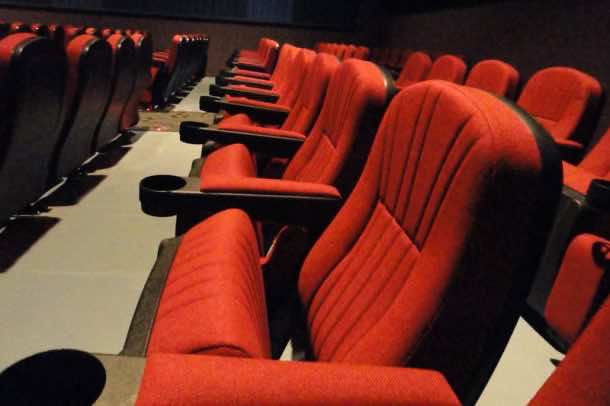
Personalized Inflight Entertainment
Inflight entertainment is an important part of flight experience. The personal electronics can allow you access to a wide range of onboard services. As 2016 began, Panasonic revealed Waterfront, a system that connects passengers’ mobiles to aircraft’s built-in entertainment. After the sync is complete, Waterfront displays various options according to the passenger’s preference. The system does not require internet connection and devices work by connecting to an in-plane network.
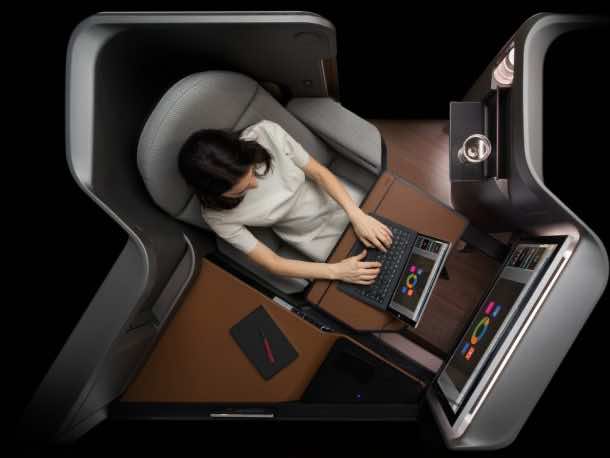
High-Resolution Screens and Virtual Reality
Thales and B/E have tested the prototypes of “Digital Sky,” an entertainment system built into the back of the seat. It has larger and high-resolution screens along with an extensive database of movies/ entertainment for passengers.
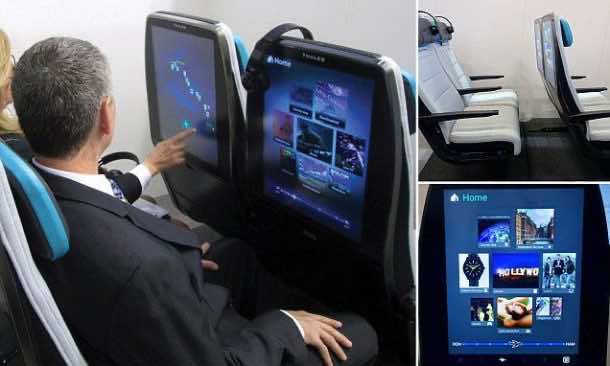
Qantas airlines also tested the use of VR sets for the passengers in first class. The flights selected for the test reported pleasant results. Virtual Reality provides a nice and comfortable atmosphere despite the challenge of being seated in a cramped metal tube for hours.
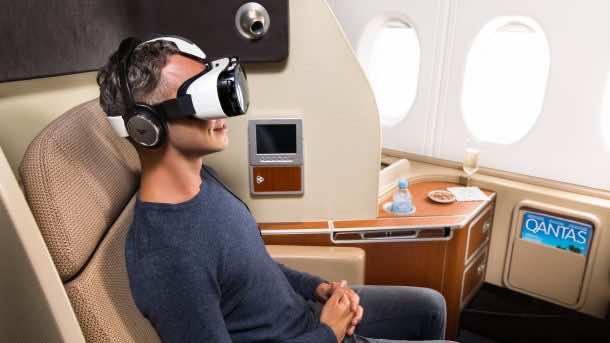
Sleeping Cabins
Factory Design has introduced the concept of sleeping pods in the form of Air Lair, a futuristic cocoon where passenger can control temperature, light, and sound as per his/her choice. The space between plane’s fuselage and storage bins can be used for sleeping cabins and bunks. These cabins have the potential to be added to the economy class as well. If this happens, people can rate airline experiences in economy class just like they do for hotel rooms.
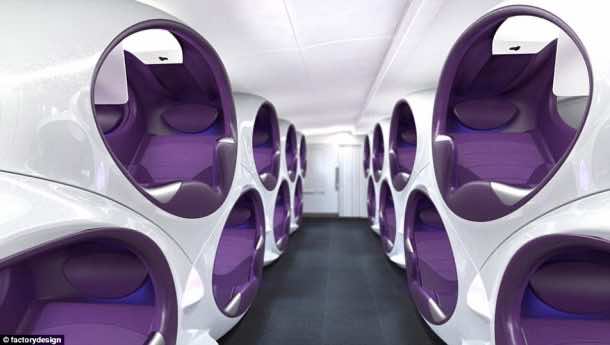
Our airline journey might become comfortable and enjoyable soon. Fingers crossed!


